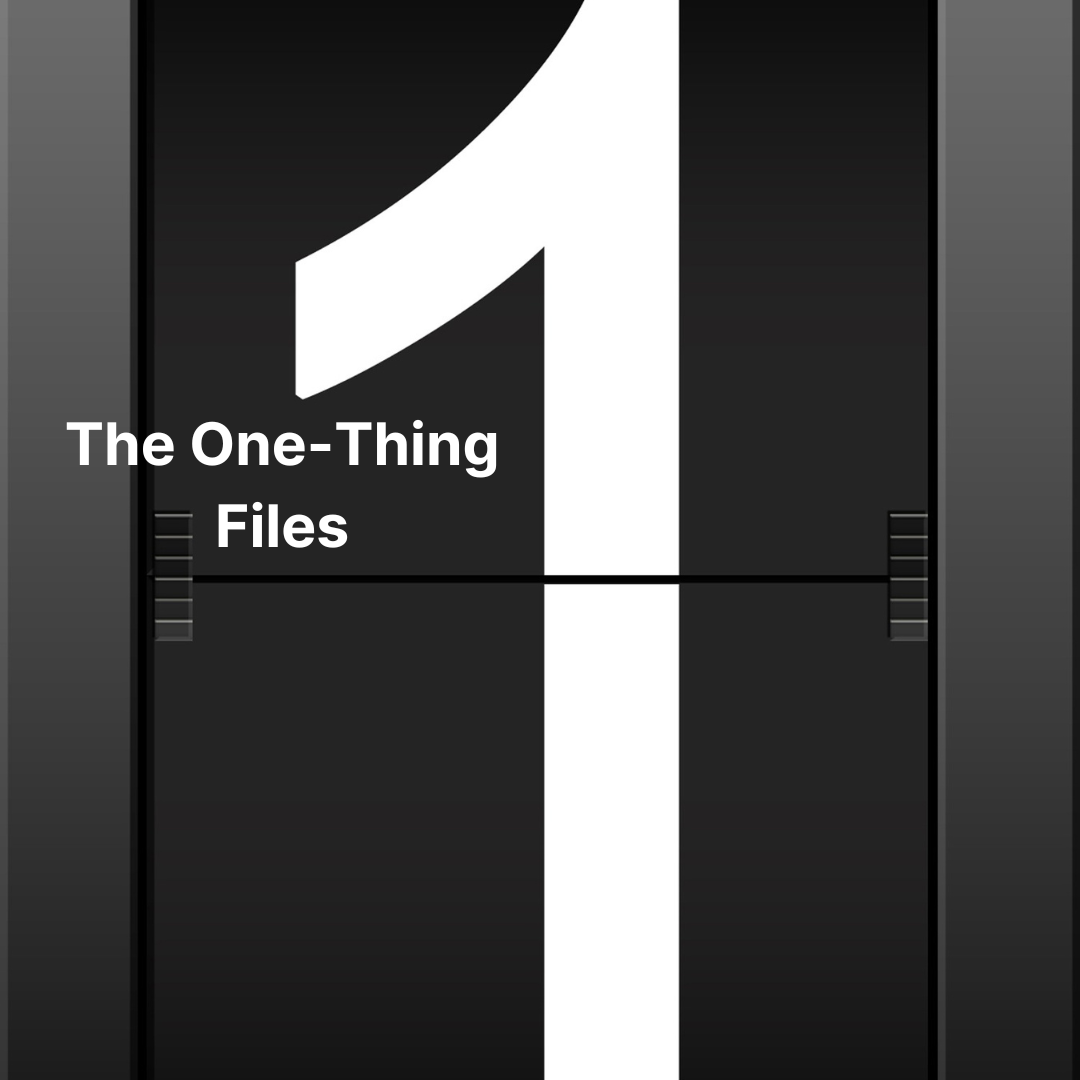Are You Trapped in the World of Total Work?

Josef Pieper (with a G.K. Chesterton kicker) teaches us the importance of leisure
It’s commonplace knowledge that many of our best ideas hit us in the middle of the night or in our first waking moments. While we are completely at rest, not obsessed with ourselves or our work, ideas come to us like a gift.
The twentieth-century Thomistic philosopher Josef Pieper explains this phenomenon in his work, Leisure, The Basis of Culture.
Like most of Pieper’s books, Leisure is short but thick (don’t be deceived and think you’ll finish it in two sittings). True to Pieper’s approach, Leisure tends to be filled with sweeping statements that compress ten pages of truth into one sentence. This makes his books short, but also makes it necessary to read them slowly and deliberately, with many pauses and breaks.
Two parts
Leisure consists of two essays: “Leisure, the Basis of Culture,” and “The Philosophical Act.”
The first essay pushes the main thrust of his argument: Leisure, properly understood, is stillness — absence of pre-occupation and an ability to let things go. Leisure is also the end of all effort: We should work to leave time for leisure, not engage in leisure to refresh us for work.
As we cultivate leisure, we increasingly hear the rustling of reality (“only the person who is still can hear, and whoever is not still, cannot hear”). This ability to hear produces a sense of wonder, and this then leads us to engage in the act of philosophy, which is the thrust of the second essay.
As he proceeds with his analysis, he makes startling observations about leisure, the type of observations that tend to affect your thinking for the rest of your life.
For instance, in response to the notion that all knowledge results exclusively from work, Pieper points out that, if this is true, the worker would have only “the fruit of his own, subjective activity, and nothing else.” And he leaves it at that, leaving the reader to marvel at the implications.
At another point, he facilely ties together the transcendental ofgoodness and truth. Goodness comes easily for the truly good man, and so does truth. “Just as in the realm of the Good, the greatest virtue is without difficulty, so in knowing, the highest form would be the lightening-like insight, true contemplation, which comes to one like a gift; it’s effortless and not burdensome.”
Do you abuse your leisure?
Pieper also touches on an important point for today’s culture. Today’s culture is increasingly valuing leisure time, as evidenced by employees’ successful demand for more time-off, but it’s using its leisure time improperly. Work is not being replaced with leisure, but rather with intense play (serious golf, hard gardening, elaborate vacations, home improvement).
Wage work, in other words, is replaced with play work. It’s like changing from a smelly shirt into the sweat-soaked shirt you jogged in a few hours earlier.
Leisure is the highest pursuit because it does nothing, not because it permits us to run about wild. Leisure obsessed with activity is mere restlessness. At the turn of the millennium, we have regained the truth that man is made for more than work, but we haven’t grasped that man is made for true leisure, for stillness, so true leisure still isn’t there. And neither will be the grace.
Support by GKC
The early twentieth-century journalist/essayist/philosopher G.K. Chesterton recognized the same thing in one of his essays, in which he lauds “the most precious, the most-consoling, the most pure and holy, the noble habit of doing nothing at all.”
He observed that such leisure “is being neglected in a degree which seems to me to threaten the degeneration of the whole race. It’s because artists do not practise, patrons do not patronize, crowds do not assemble to worship reverently the great work of Doing Nothing, that the world has lost its philosophy and even failed to invent a new religion.”
It’s significant that Chesterton saw the value of leisure, for his huge basket of writings throws further light on Pieper’s Leisure, especially when juxtaposed against Pieper’s hero, St. Thomas Aquinas.
In The Silence of St. Thomas, Pieper wrote about St. Thomas’ prodigious display of intellectual might in the Summa Theologica: “Were these sentences really set down by a living man or did not rather the objective current formulate itself undisturbed — neither blurred nor warmed — by the breath of a living thinker.” Pieper opts for the latter, saying the massive Summa “can only be the work of a heart fundamentally at peace” that permits grace to flow through the man onto the page.
Chesterton’s writings give a similar impression. His writings are so prodigious that it almost seems that a man didn’t write them (where did he find the time to write so much so deeply?).
Yet, the results of St. Thomas’ work and Chesterton’s work could hardly be more different — Aquinas’ systematic treatises, prayers, and hymns; Chesterton’s essays spanning a wild menagerie of topics, poems, and Father Brown stories. These men show that grace can touch all men, regardless of vocation or disposition, and that the fruits of grace are infinitely varied for the Source of Grace is infinite. But we must first invite grace through leisure.


40:35:
"I'm very persuaded by Josef Pieper's famous essay, Leisure, the Basis of Culture. He explains what he means by 'leisure." It is fundamentally a religious and philosophical openness to the world and, in particular, to the gift of the world. It is a receptivity to what is outside of ourselves. And Pieper thinks that's the basis of culture because we are informed by, and given the necessary beginnings of a human life, by being open to the peace, order of the world. Jacob Howland
Reference: Iain McGilchrist's The Matter with Things, Chp. 3, "Perception."
"Perception is the act whereby we reach out from our cage of mental constructs to taste, smell, touch, hear and see the living world."
Loose reference:
"As a man is, so he sees." William Blake
